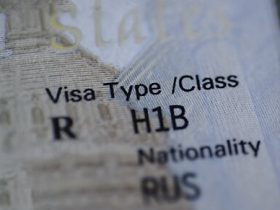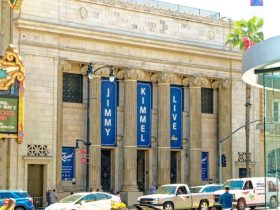Parents at Britain’s leading private schools have prepaid more than £500 million in school fees to avoid Labour’s new 20 per cent VAT charge, according to newly released figures — a move that could significantly reduce the short-term revenue the government hoped to generate from its controversial tax reform.
An analysis of annual accounts filed with Companies House and the Charity Commission, reported by The Daily Telegraph, found that the UK’s top 50 independent schools collected £515 million in advance fees during 2023 — up sharply from just £121 million the previous year.
The dramatic rise in prepayments came as parents scrambled to beat the 1 January 2025 deadline, when Labour’s new VAT policy on private school fees came into force. In some cases, parents paid up to five years’ worth of fees in advance.
Tax experts estimate that families may have legally avoided up to £103 million in VAT by prepaying — and the true figure could be considerably higher when factoring in all of the UK’s 2,600 independent schools.
Surge in prepayments at top schools
The analysis reveals a surge in advance payments at some of Britain’s most prestigious institutions.
• Eton College received £52.7 million in prepaid fees last year, up from £36.1 million in 2023.
• Brighton College recorded £50.1 million, a £4.1 million increase, with the number of pupils using the prepayment scheme rising from 86 to 819.
• Winchester College saw a jump from £4.4 million in 2023 to £19 million in advance fees in 2024.
The scale of the move has raised questions over whether Labour’s flagship education tax policy — introduced to raise £1.8 billion a year by the end of the decade — could be partially undermined in the short term.
Despite the rush to prepay, the Treasury has defended the policy, stating that the Office for Budget Responsibility (OBR) took such prepayment schemes into account when forecasting the policy’s revenue impact.
A Treasury spokesperson said the long-term fiscal strategy remains intact, with expectations that revenues will increase over time as fewer families are able to afford large upfront payments and as VAT applies to new cohorts of pupils.
While Britain’s wealthiest parents are able to absorb or mitigate the new costs, the financial pressure is being felt most acutely by smaller and mid-tier private schools, which lack the financial reserves or affluent fee-payers to weather the changes.
According to government projections, up to 100 private schools could shut within the next three years as a result of the VAT policy. Over 50 closures have already been announced in 2025 alone.
Labour maintains that the VAT charge targets the wealthiest families, with proceeds directed towards improving state school funding and hiring new teachers. However, critics argue that the policy risks damaging educational diversity and shifting the burden onto state schools that will need to absorb pupils leaving the independent sector.
As more financial accounts are published throughout the year, further data is expected to shed light on how widespread the trend of prepayment to avoid VAT has been — and whether Labour’s longer-term revenue projections can hold up against such front-loading tactics by high-net-worth families.
In the meantime, the government is facing mounting calls to clarify whether additional tax measures may be needed if projected revenues fall short in the early years of implementation.
Read more:
Parents prepay £500m in private school fees to avoid Labour’s VAT hike








